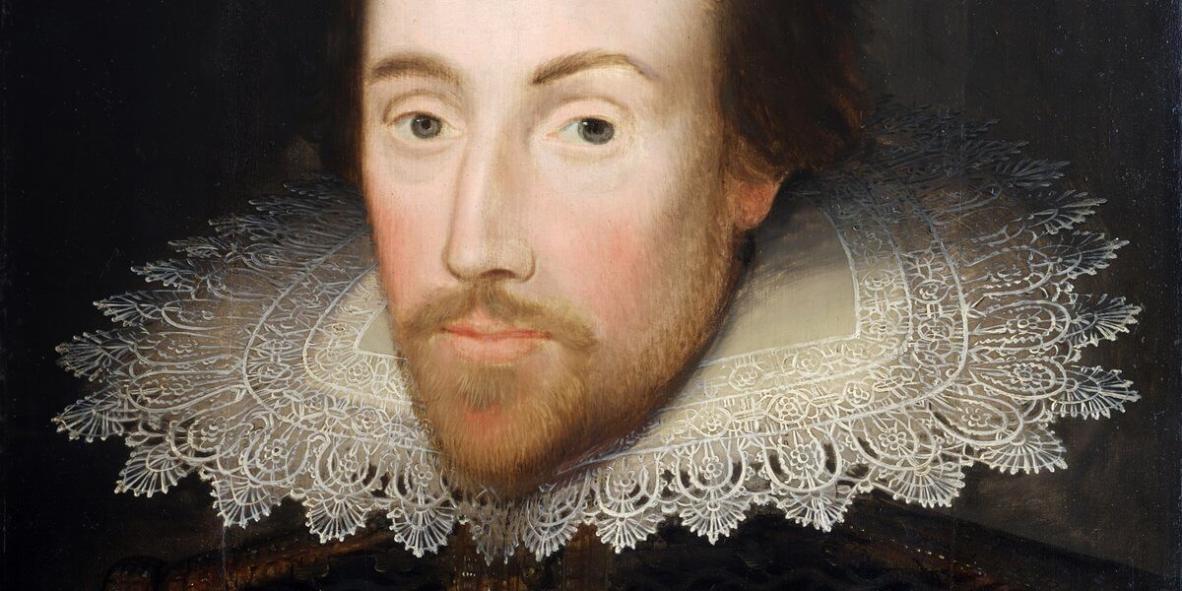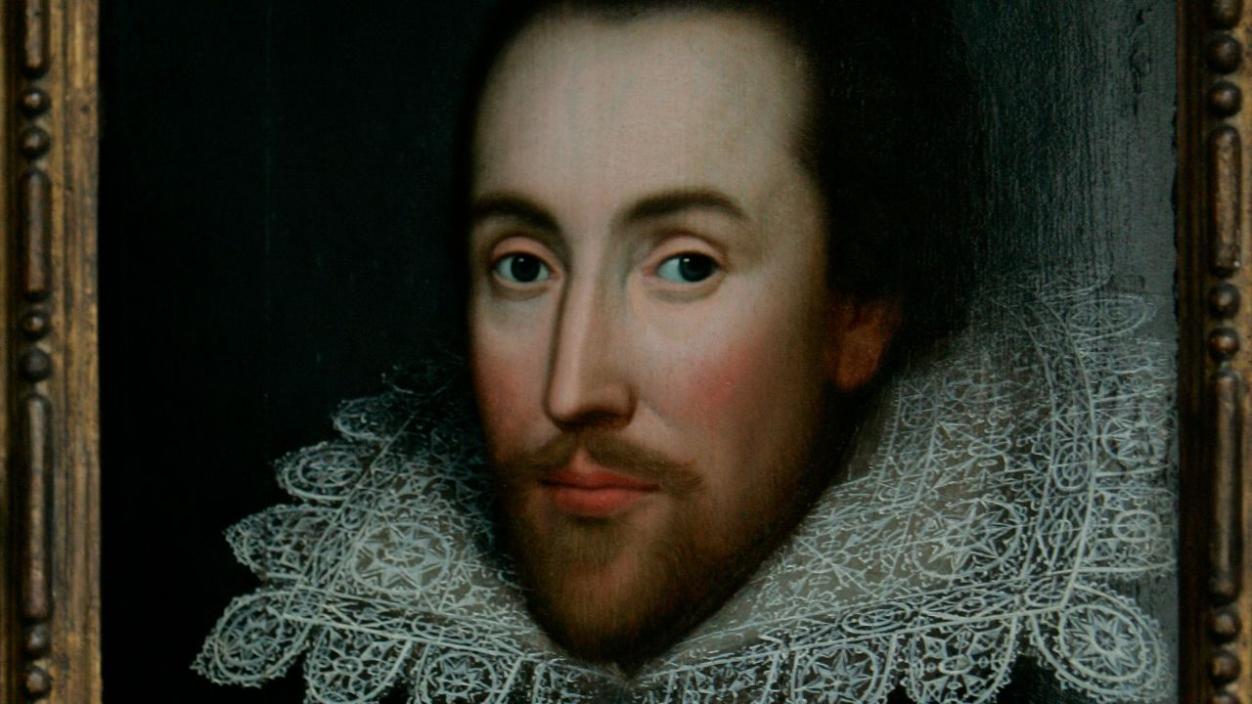Was William Shakespeare the True Author of His Plays?
The authorship of William Shakespeare's plays has been a subject of debate for centuries. While traditional scholarship has attributed the works to Shakespeare, alternative theories have emerged, questioning his sole authorship. This article examines the evidence and arguments for and against Shakespeare's authorship, exploring the complexities of this literary enigma.

I. Evidence For Shakespeare's Authorship
A. Historical Records
- Baptismal and burial records in Stratford-upon-Avon provide evidence of Shakespeare's existence.
- Contemporary documents, such as court records and wills, mention Shakespeare as a playwright and actor.
B. Linguistic Analysis
- Stylistic similarities across Shakespeare's plays suggest a single author.
- Unique vocabulary and phrases, such as "antic disposition" and "to be or not to be," are characteristic of Shakespeare's writing.
C. Cultural Context
- Shakespeare's plays reflect the Elizabethan theater and society.
- His connections to other writers of the time, such as Ben Jonson and Christopher Marlowe, provide further support for his authorship.
II. Arguments Against Shakespeare's Authorship
A. Lack Of Education
- Shakespeare's humble origins and limited formal education have raised doubts about his ability to write such sophisticated works.
- Alternative candidates, such as Christopher Marlowe and Francis Bacon, are proposed to have possessed the knowledge and education necessary for the plays' authorship.
B. Alternative Candidates
- Christopher Marlowe, a contemporary playwright, is often cited as a possible author due to stylistic similarities in his work.
- Francis Bacon, a philosopher and statesman, is another candidate proposed based on his extensive knowledge and writings on similar themes.
C. Historical Anomalies
- Discrepancies in the historical record, such as the lack of clear documentation of Shakespeare's writing process, have been used to cast doubt on his authorship.
- The absence of original manuscripts and the existence of multiple versions of his plays have further fueled speculation.
Analysis And Evaluation
A. Strengths And Weaknesses Of Each Argument
The evidence for Shakespeare's authorship is substantial, but not without limitations. While the historical records and linguistic analysis provide strong support, the lack of formal education remains a valid concern. The arguments for alternative candidates are based on circumstantial evidence and stylistic similarities, but lack definitive proof.
B. Scholarly Consensus
The prevailing view among scholars is that William Shakespeare was the primary author of his plays. However, the debate continues, with new theories and evidence emerging from time to time. The question of Shakespeare's authorship is likely to remain an enigma, adding to the enduring fascination surrounding his literary legacy.
The authorship of William Shakespeare's plays is a complex and ongoing debate. While the evidence supports Shakespeare as the primary author, alternative theories continue to challenge this attribution. The lack of definitive proof and the enduring fascination with the subject ensure that the question of Shakespeare's sole authorship will continue to captivate literary enthusiasts for generations to come.

YesNo

Leave a Reply